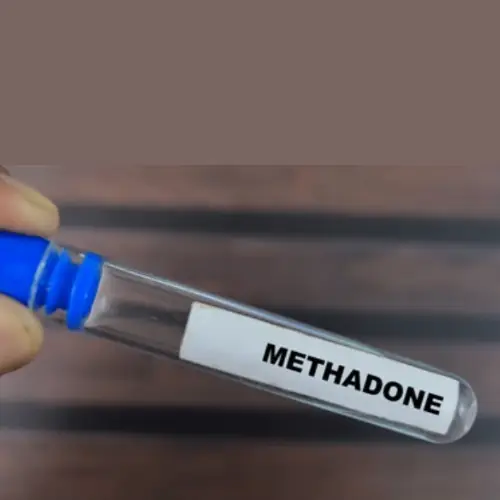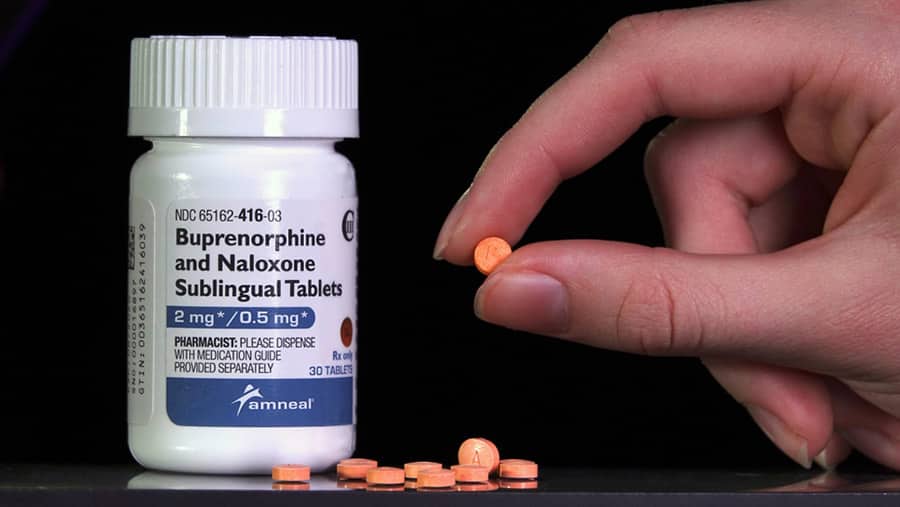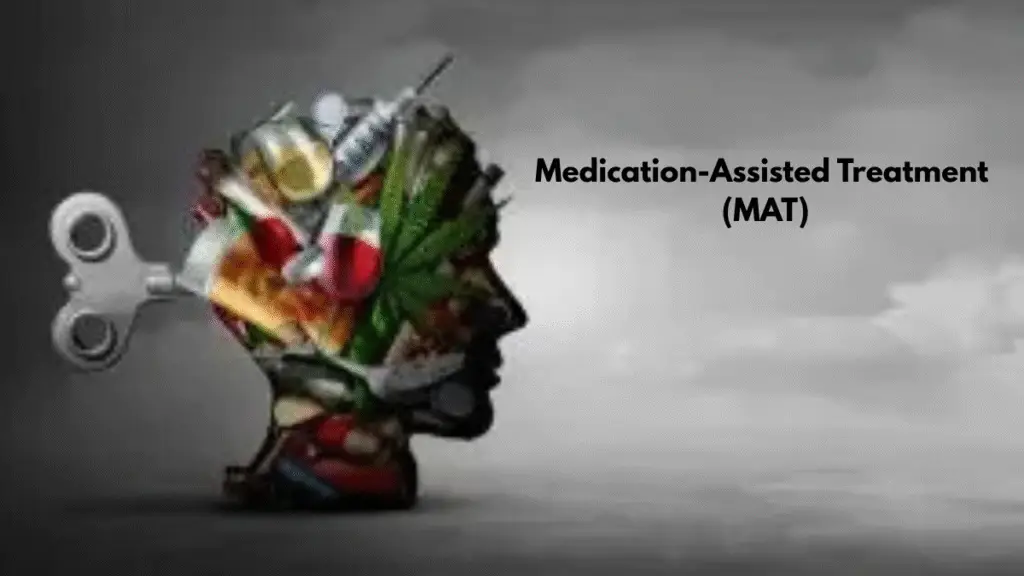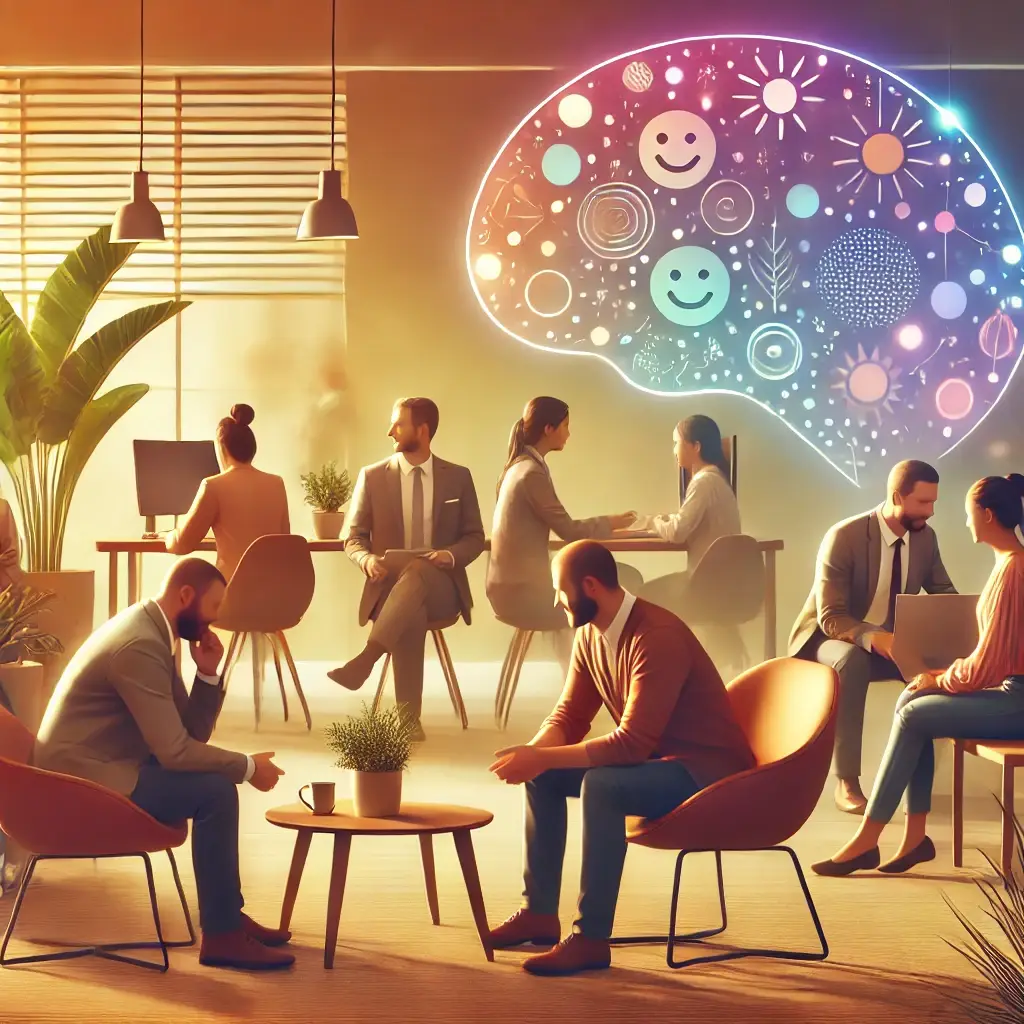Methadone: A Lifesaving Treatment for Opioid Addiction

Methadone is a medication that has been used for decades to treat opioid addiction. It works by binding to the same receptors in the brain as opioids, but without producing the same high. This can help to reduce cravings and withdrawal symptoms, making it easier for people to stop using opioids.
What is Methadone?
Methadone is a medication that is used to treat opioid addiction. It is a long-acting synthetic opioid that is similar to morphine. Methadone is taken orally and works by binding to the same brain receptors as opioids, but it produces a much weaker effect. This reduces the risk of overdose and decreases the intensity of withdrawal symptoms.
Is Suboxone® Right for You? A Guide to Buprenorphine and Naloxone Treatment

Suboxone is a medication that is used to treat opioid addiction. It is a combination of two drugs, buprenorphine, and naloxone. Buprenorphine is an opioid agonist, which means it binds to the same receptors in the brain as other opioids such as heroin and morphine. Naloxone is an opioid antagonist, which means it blocks the effects of opioids. Suboxone is taken as a tablet or film that is placed under the tongue or inside the cheek. It is usually taken once a day.
Suboxone is used as part of a complete treatment program that includes counseling and behavioral therapy. It should not be used if you are pregnant or breastfeeding. You should not drink alcohol or use other drugs while taking Suboxone. If you stop taking Suboxone suddenly, you may experience withdrawal symptoms such as anxiety, sweating, shaking, nausea, and diarrhea.
Is Medication-Assisted Treatment (MAT) Right for You? Understanding the Process and Benefits

Addiction is a chronic brain disease, and people affected by addiction can experience both emotional and behavioral changes. Though there are many ways of treating addiction, the effectiveness of those treatments varies based on the type that’s recommended. Medication-assisted treatment (MAT) is widely accepted as an effective way to manage addiction for some individuals. In this article, we’ll be discussing MAT in general and how it would work to treat certain types of addictions.
Managing ADHD: How To Address The Symptoms (And Live A Happier Life)

Starting to feel like you can’t focus or don’t have the energy for anything? If so, it’s possible that you may be suffering from Attention Deficit Hyperactivity Disorder (ADHD). This is a chronic neurological disorder that impacts how your brain processes information. Luckily, there are plenty of things you can do to help manage ADHD symptoms. In this article, we’ll cover some helpful tips and tricks to help better manage ADHD and lead a happier life.
What Causes Anxiety? Symptoms and Treatment Options

Anxiety is a mental health disorder characterized by feelings of worry, anxiety, or fear that are strong enough to interfere with one’s daily activities. There are different types of anxiety disorder. Causes include stress, trauma, genetics, and others. Symptoms of anxiety may include feeling irritable, restless or jittery, having muscle tension, or having trouble sleeping. The most common treatment options for anxiety disorders are therapy and medication.
Types of Anxiety
There are different types of anxiety, and each type can have different symptoms. Treatment options will vary depending on the type of anxiety you have. Here are some of the most common types of anxiety:
Depression: Symptoms, Causes & Treatment

Depression is a psychiatric illness that affects millions of people, but not everyone suffers from the same symptoms. This blog article will break down the different types of depression and treatment options available to help those who are struggling with their mental health.
What is Depression?
Depression is a mental illness that can be difficult to understand. It is more than just feeling sad or down for a period of time. Depression affects how you feel, think, and behave. It can lead to physical problems and make it hard to function in your everyday life.
How to Improve Your Sleep in Stressful Times
When the world seems to be falling apart, it can be hard to relax. You might find yourself constantly going over what could or will happen, or maybe even running through the past and trying to figure out how you messed up so much in the first place.
Unplug The Gadgets 30 Minutes Before Bed
It’s no secret that stress can take a toll on your sleep. If you’re finding it hard to catch some zzz’s, unplugging from your gadgets may help.
According to a recent study, spending time on devices like phones and laptops before bed can make it harder to fall asleep. The blue light emitted from screens can disrupt your body’s natural sleep cycle.
